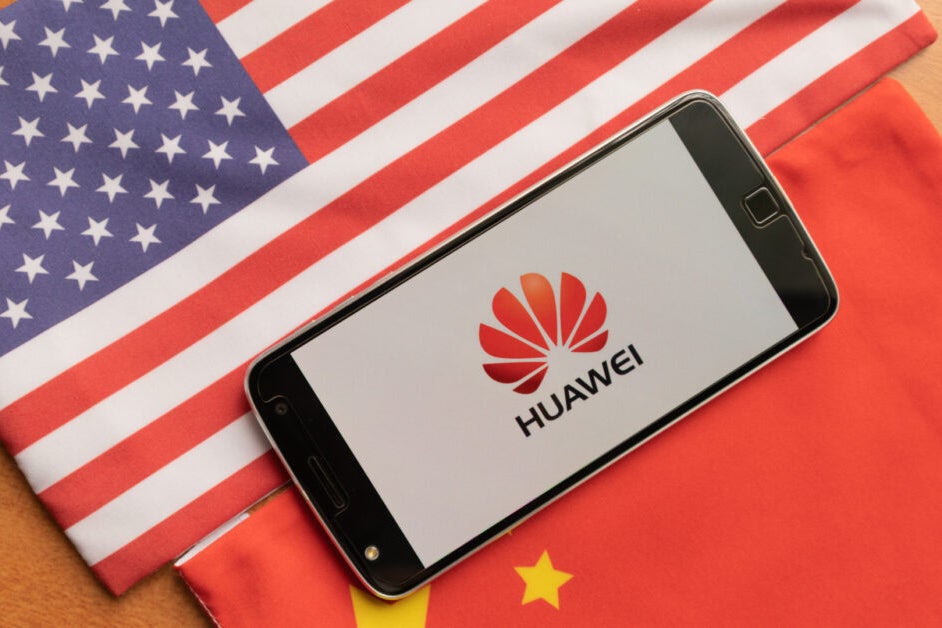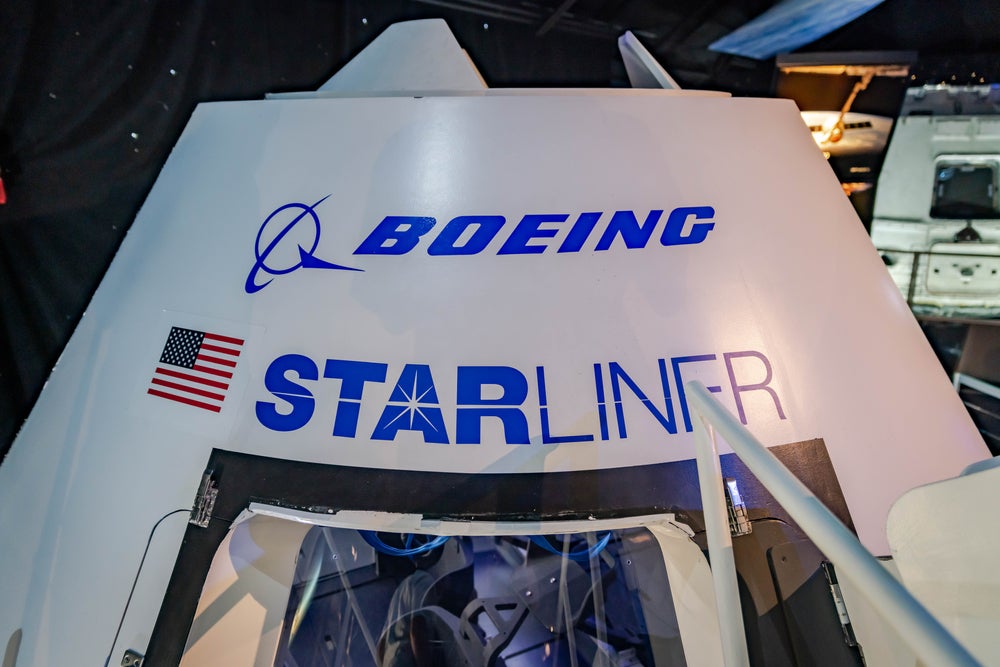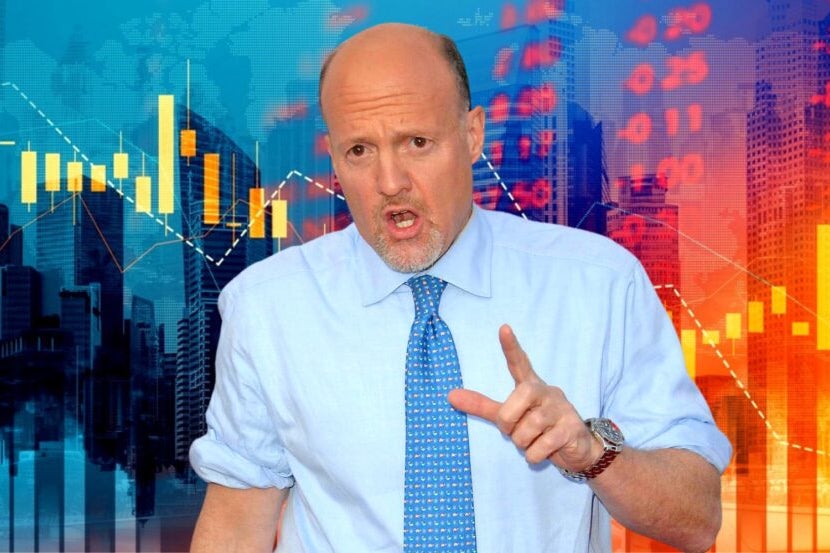In recent months, megacap technology equities have outperformed the overall market. The NYSE FANG+ index NYFANG, -0.93 percent, which includes Facebook FB, -0.91 percent, Alphabet GOOGL, -0.96 percent, Amazon AMZN, -1.37 percent, and Apple AAPL, -0.45 percent, has risen 5% in the previous month, compared to only 1% for the equal-weighted S&P 500 index.
That makes basic sense, given the recent drop in bond yields. When the yield on the 10-year Treasury TMUBMUSD10Y, 1.325 percent soared to 1.75 percent, tech stocks suffered. By Thursday’s close, the yield had returned to 1.30 percent. When interest rates climb, markets automatically expect tech equities to decline, and vice versa.
That partnership should continue for two reasons. The first is that higher interest rates stifle economic growth by rising borrowing costs for both consumers and corporations. The second point is that if a stock is the sum of its discounted future cash flows, those flows become less valuable as the discount rate rises. A greater discount rate is bad news for growth firms in the technology sector that rely on future profits rather than current ones. The problem is that, while that association appears to be rational, it isn’t supported by historical evidence. “What Happens to Stocks When Interest Rates Rise,” a paper by Andrew Berkin, looked into the relationship. Looking at 90 years of data, the S&P 500 SPX, -0.33 percent increased 10.8 percent on average when bond yields fell and 12.2 percent on average when bond yields rose. Even when quintiles with the highest yields were separated, the S&P 500 still gained 9% on average. The romance, or non-relationship, took place outside of the United States as well, though for a shorter amount of time. Rising rates, according to Chadd Knights, a portfolio manager at Australia’s Duro Capital, who highlighted the study in an investment letter, should have no impact on the investment process. According to Knights, Berkin also affirmed that increased interest rates have no negative impact on growth stocks. “The truth is that most of us haven’t seen interest rates rise steadily in the past. Nobody can predict how others will react. Indeed, a rising rate environment may cause shares to decrease, even though history says otherwise. But, as our article demonstrates, that is not often the case, as can be deduced from reading any of the major financial news outlets,” Knights added. Data on retail sales is readily available. The U.S. retail sales report for June is due out shortly after the open, as is the University of Michigan’s consumer-sentiment survey, which is also expected to include a reading on consumer inflation expectations. Moderna MRNA, +5.28 percent soared 8% in premarket activity after it was announced that the vaccine-making biotech would be included in the S&P 500. According to The Wall Street Journal, Intel INTC, -1.26 percent is in talks to purchase GlobalFoundries from Mubadala Investment for around $30 billion. Intel’s aspirations to compete with Taiwan Semiconductor Manufacturing TSM, -5.51 percent in creating microchips for other companies would be aided by a partnership. Alcoa AA, -1.71 percent, an aluminum maker, reported better-than-expected earnings and raised its shipment projection. Didi Global DIDI, -2.06 percent may face pressure after China dispatched officials to the ride-hailing industry, putting pressure on the company following its IPO in the United States. At least 100 people have died as a result of floods in Germany and Belgium, authorities reported on Friday. The markets nudged higher ahead of the retail sales report, with U.S. stock futures ES00, +0.14 percent NQ00, +0.19 percent. The yield on the 10-year Treasury TMUBMUSD10Y, 1.325 percent, also increased, rising to 1.33 percent. The graph
When is the best moment to invest in bitcoin BTCUSD, -1.52 percent? When volatility is minimal, according to DataTrek Research. “Investing during periods of low volatility (between 2% and 3%, ideally at the low end of that range) is more likely to provide positive future returns. The major exceptions (September 2014, November 2018) came after particularly big rallies (November 2013, December 2017) that took longer to burn off,” the report added, referring to volatility’s 100-day periods. Reads at random Unfortunately, a snake specialist who claimed to be immune to poison was not. A vegetable vendor’s smile will be wiped away by restoration work on a 16th century picture. Twitter TWTR, -3.13 percent has announced that voice tweets will now be automatically captioned. Need to Know starts early and is updated until the opening bell, but you can sign up to have it delivered to your inbox all at once by signing up here. At around 7:30 a.m. Eastern, the emailed version will be sent out. Do you want to know what’s in store for the rest of the day? Sign up for The Barron’s Daily, a daily investor briefing that features exclusive opinion from Barron’s and MarketWatch writers./n
Read More




